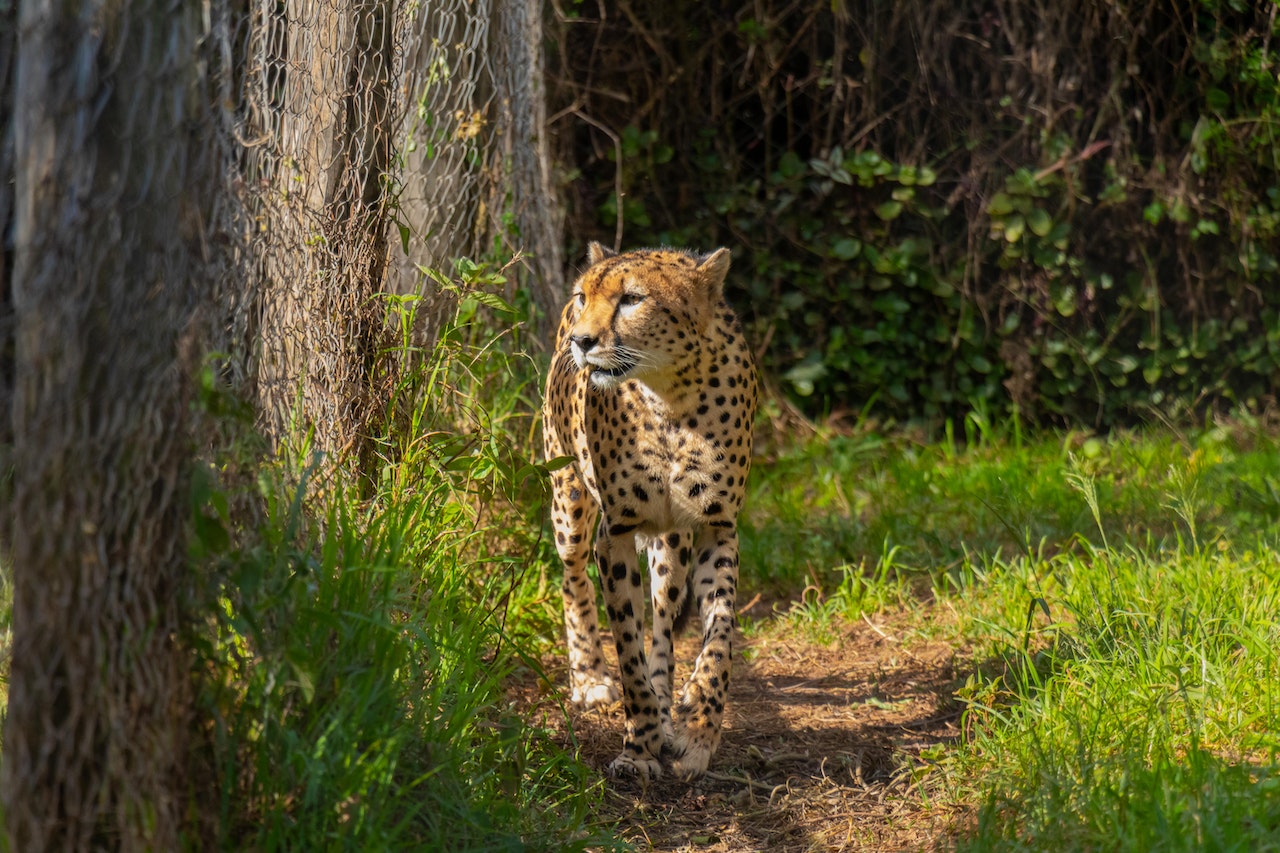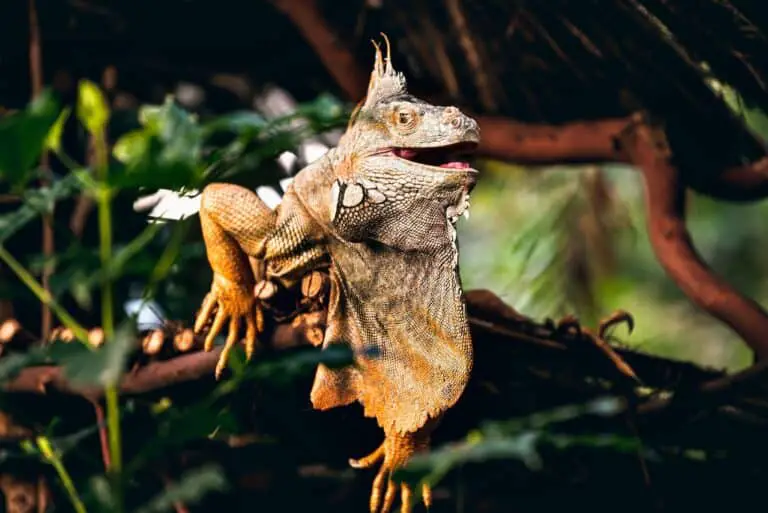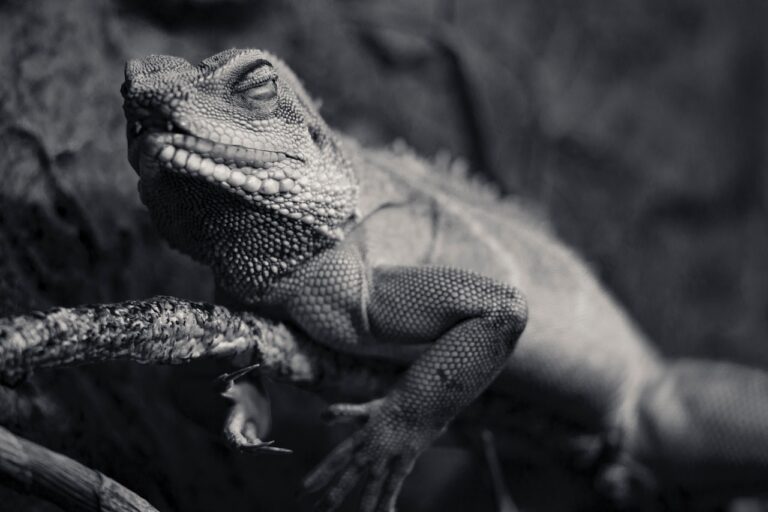Exotic Pets Ethics – Exploring the Ethics of Owning Exotic Pets
Exotic animals have always fascinated humans with their unique physical characteristics and behaviors.
From tigers and monkeys to parrots and reptiles, people have been drawn to owning these extraordinary creatures as pets. However, as society evolves, so do our beliefs and values about animal welfare.
The ethics of owning exotic pets have become a subject of increasing concern, with many questioning the morality of keeping these wild animals in captivity.
In this article, we will explore the ethical considerations surrounding the ownership of exotic pets.
We will examine the impact that owning these animals has on their well-being, the environment, and the owners themselves.
We will also discuss the legal framework surrounding exotic pet ownership and provide advice on responsible pet ownership.
The Appeal of Owning Exotic Pets
Many pet owners are drawn to exotic animals due to their unique and fascinating qualities. Some of the reasons people may choose to own an exotic pet include:
1. A desire for something out of the ordinary
Exotic pets are often viewed as rare and unique creatures that can provide a sense of excitement and novelty to their owners.
2. The ability to bond with an unusual species
Some pet owners may feel a deeper connection with an exotic pet due to its unique characteristics and behaviors, which can lead to a stronger bond between humans and animals.
3. A sense of status or prestige
Owning an exotic pet can be seen as a symbol of wealth or status, as it is often associated with celebrities or the ultra-rich.
The Impact on the Animals
Despite the appeal of owning an exotic pet, many animal rights activists argue that it is unethical to keep wild animals in captivity.
Here are some of the reasons why:
1. Physical and Emotional Well-Being
Exotic animals are not domesticated and have not evolved to live in human environments.
They have specific dietary, social, and environmental needs that can be challenging to replicate in captivity.
Often, these animals are subjected to a life of confinement in inadequate living conditions, which can result in physical and psychological harm.
For instance, big cats like tigers and lions require a large area to roam and exercise.
They need a diet that consists of raw meat, which can be expensive and difficult to obtain.
Similarly, primates like monkeys and apes are social animals that require interaction with others of their kind to maintain their mental health.
They can develop severe behavioral problems if they are isolated or confined to small spaces.
2. Illegal Trafficking
The exotic pet trade is a multi-billion dollar industry that often involves the illegal capture and trafficking of wild animals.
Many of these animals are taken from their natural habitats, which can have a devastating impact on local ecosystems.
The illegal trade also encourages poaching and can lead to the extinction of endangered species.
The Impact on the Environment
Owning an exotic pet also comes with a certain impact on the environment, such as:
1. Introduction of Non-Native Species
Exotic pets that escape or are released into the wild can pose a significant threat to native species.
They can introduce diseases and parasites that can devastate local populations.
In some cases, these animals can also outcompete native species for resources, leading to their decline or even extinction.
For example, in Florida, the release of Burmese pythons into the wild has led to a significant decline in native mammal populations.
These snakes have no natural predators in the area and can grow up to 20 feet long.
They are now considered an invasive species and pose a severe threat to the region’s ecosystem.
The Impact on the Owners
You also need to consider how exotic pet ownership will actually impact you.
Here are the main factors to consider:
1. Financial Responsibility
Exotic pets are expensive to care for, and their needs can be complex.
They require specialized diets, veterinary care, and often, custom-built enclosures.
Owners may not realize the full extent of the financial burden of owning an exotic pet until after they have acquired one.
This can result in neglect or abandonment when the owner can no longer afford to provide for the animal.
2. Public Safety
Exotic animals, especially those that are large and powerful, can pose a significant risk to public safety.
Even if the animal has been raised in captivity, it can still be unpredictable and may attack if it feels threatened.
In some cases, the animal may escape or be released into the wild, creating a danger for both humans and other animals.
3. The Legal Framework
In many countries, owning exotic pets is legal, but regulations and requirements may vary.
Some states or regions may require permits, specialized enclosures, or veterinary certification.
In some cases, certain species may be banned from ownership altogether.
It is important to research and understand the legal framework surrounding exotic pet ownership before acquiring one.
Failure to comply with these regulations can result in fines, legal action, or confiscation of the animal.
Responsible Pet Ownership
If you are considering owning an exotic pet, it is essential to ensure that you can provide for the animal’s physical, social, and environmental needs.
Here are some tips for responsible exotic pet ownership:
1. Research
Before acquiring an exotic pet, research the animal’s specific needs, behaviors, and potential health issues.
Make sure you understand the financial and time commitments required to care for the animal properly.
2. Provide Adequate Living Conditions
Exotic animals require specialized enclosures that mimic their natural environments as closely as possible.
Make sure you can provide adequate space, temperature, and lighting, as well as appropriate bedding, food, and water.
3. Seek Veterinary Care
Find a veterinarian with experience treating exotic animals and schedule regular check-ups to ensure the animal’s health and well-being.
4. Consider Adoption
Many exotic animals end up in shelters or rescues after being surrendered by their owners. Consider adopting an animal rather than purchasing one from a breeder or dealer.
Conclusion
The ethics of owning exotic pets is a complex and controversial topic.
While the appeal of owning a unique and fascinating creature can be tempting, it is important to consider the responsibilities that come with owning an exotic pet and the impact it has on animal welfare.
By understanding the specific needs and behaviors of exotic animals and being prepared to provide for their physical and emotional needs, pet owners can ensure that their pets are happy and healthy while also respecting their ethical responsibilities.
Ultimately, the decision to own an exotic pet should be made with careful consideration and a deep commitment to animal welfare.
As a society, we must also consider the broader implications of the exotic pet trade on animal welfare, conservation, and the environment.
This requires stricter regulations on the breeding, transport, and sale of exotic animals, as well as greater education and awareness for pet owners and the general public.
Only by working together can we ensure a future where the beauty and wonder of exotic animals can be appreciated and enjoyed without compromising their well-being.
FAQs
What are some of the most popular exotic pets?
Some of the most popular exotic pets include:
- Reptiles such as snakes and lizards
- Birds such as parrots and macaws
- Mammals such as monkeys and big cats.
How can I ensure that I am providing proper care for my exotic pet?
It is important to research the specific needs and behaviors of the exotic animal you are considering owning.
You should also consult with a veterinarian who specializes in exotic animals to ensure that you are providing the proper care and nutrition.
What are the risks of owning an exotic pet?
Exotic pets can pose risks to the animals themselves, the environment, and the owners.
They may require specialized care that can be expensive, and they can be unpredictable and pose a threat to public safety.
How can I be a responsible exotic pet owner?
Responsible exotic pet ownership requires research, understanding the animal’s specific needs, providing adequate living conditions, seeking veterinary care, and considering adoption rather than purchasing from a breeder or dealer.
Peter Stones is the founder of Exotic Pets Place, the leading online resource for exotic pet care information.
With over 10 years of hands-on exotic pet ownership experience, he is deeply passionate about sharing his expertise to help others properly care for their unusual pets.
When he's not writing extensively researched articles or connecting with fellow exotic pet enthusiasts worldwide, you can find Peter at home tending to his own beloved menagerie of exotic animals.





![Exotic Pet Friendly Cities The [Top 10] Worldwide Destinations, Sydney Opera House](https://exoticpetsplace.com/wp-content/uploads/2023/05/Exotic-Pet-Friendly-Cities-The-Top-10-Worldwide-Destinations-Sydney-Opera-House-768x512.jpg)

